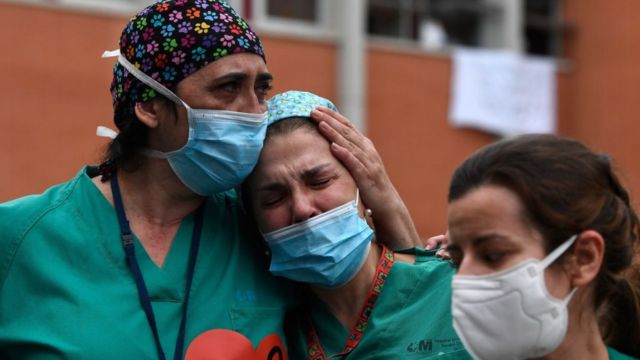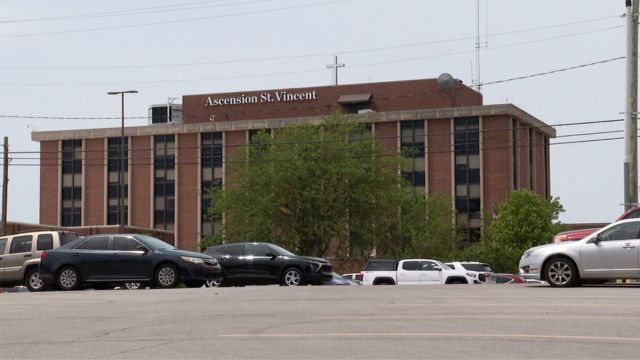Washington state hospitals continue to lose money—a negative trend that began during the outbreak. Patients are also feeling the effects of their attempts to reduce expenses.
The CEO of the Washington State Hospital Association, Cassie Sauer, stated, “Over the last year, we’ve seen hospitals make what seem like routine but also heartbreaking decisions about service reductions and closures.” “The fact that your hospital is now at a reduced capacity can be extremely concerning if you’re in need of medical attention.”
One aspect of the issue is that the cost of providing care has gone up due to inflation; staff pay has gone up along with the cost of supplies, medications, and energy. However, Medicaid and Medicare payments to hospitals have not changed.
According to Sauer, “We have a very expansive Medicaid program.” “The state’s payment of a reasonable amount for that care has not kept up with the demand.”
According to Sauer, as the state’s Medicaid program grows and the state’s population ages, the proportion of Washington residents on Medicaid and Medicare is rising.
Moreover, a recent cyberattack has resulted in millions of dollars in losses for certain hospitals in the state.
The scarcity of space in establishments like nursing homes is another issue facing hospitals. Patients who need continuous medical care but are ready to be discharged from hospitals may not be allowed to depart because nursing homes in the state are typically already filled. Rather, they occupy hospital beds while waiting, claiming space that could be used by someone else. Furthermore, the hospital is not compensated for continuing to care for patients after they are no longer in need of hospital-level care.
According to Sauer, “it’s bad for patients and bad for hospitals.” Hospitals aren’t designed for extended stays. Being outside is not permitted. You are denied the opportunity to socialize with your friends. Every meal is consumed in the same space.
Patients are seeing increased wait times and fully closed departments as hospitals attempt to balance the books. Additionally, hospitals are postponing facility and equipment updates.
The state government established a new fund last year to assist the hospitals that are in the greatest financial trouble. A total of nineteen hospitals submitted $34 million in help requests. However, the fund only had $10 million, so each hospital only received a portion of the funds they had requested this month. There is no strategy in place by the state to close that $24 million shortfall.






